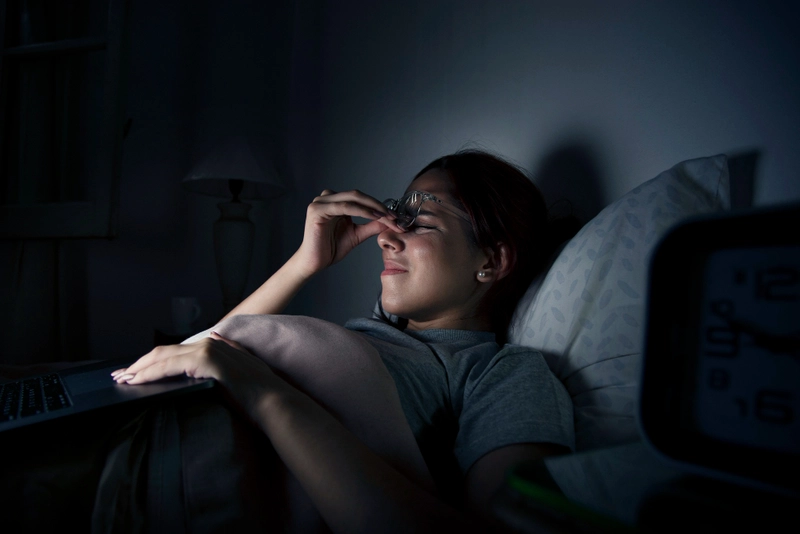- Published on: May 23, 2022
- 2 minute read
- By: Second Medic Expert
Diet Chart For Weight Gain
The best diet chart for weight gain is one that is high in protein and calories. You should aim to eat a minimum of 1,600-1,800 calories per day, with at least 30% of those coming from protein. You'll also want to make sure you're getting plenty of vitamins and minerals to support your health and help with weight gain. Consider taking a multivitamin supplement if you're not getting all the nutrients you need from food. There is no one-size-fits-all diet chart for weight gain. What works for one person may not work for another. However, a general guideline to follow is to eat more calories than you burn each day.
In order to gain weight, you need to eat more healthy foods that are high in protein and calories. Good sources of protein include lean meats, poultry, fish, eggs, dairy products, and legumes. Healthy fats such as olive oil and nuts can also help boost your calorie intake. It's important to stay hydrated by drinking plenty of water and avoiding processed foods, sugary drinks and excessive amounts of saturated and unhealthy fats.
There is no one-size-fits-all answer to this question, as everyone's body and metabolism are different. However, here are some general tips for healthy weight gain:
1. Eat plenty of protein. Protein is essential for building muscle mass.
2. Eat regular meals and snacks throughout the day. This will help keep your blood sugar levels stable and prevent cravings for unhealthy foods.
3. Avoid processed foods, sugary drinks, and junk food. These foods are high in calories but low in nutritional value.
4. Eat plenty of fruits and vegetables. These nutritious foods are low in calories but high in fiber and other essential nutrients.
5. Drink plenty of water
Consume more calories than you burn. This can be done by eating more meals throughout the day, and by including high-calorie foods in your diet. Eat a balanced diet that includes plenty of protein, carbohydrates, and healthy fats. Avoid processed foods and sugary drinks. Drink plenty of water and other healthy beverages. Make sure you're getting enough vitamins and minerals. Exercise regularly.
A healthy, balanced diet that includes plenty of protein, complex carbohydrates, and healthy fats is typically best for weight gain. In addition, it's important to make sure you're taking in enough calories each day - you may need to consume more than you're currently eating in order to gain weight. And finally, make sure you're getting plenty of exercise - lifting weights and doing resistance training are especially helpful for gaining muscle mass and adding weight.
Some basic tips for healthy weight gain include eating plenty of fruits, vegetables, whole grains, lean protein, and healthy fats. It's also important to drink plenty of water and avoid sugary drinks and processed foods. If you're looking to specifically add pounds, focus on eating more calories than you burn each day. This can be done by adding extra servings of healthy foods or by snacks between meals. It's also important to exercise regularly to help with weight gain. Some tips for gaining weight healthily include eating regularly throughout the day to keep your metabolism going, eating high-calorie snacks and meals between regular meals, and choosing calorie-rich foods like nuts, nut butters, avocado, cheese, oily fish, and whole grains. In addition, make sure to drink plenty of fluids and exercise regularly to help burn off excess calories.
In addition, you may want to consider adding some supplementary foods or supplements to help boost your calorie intake and support healthy muscle growth. Some good options include whey protein powder, maltodextrin powder, and weight gainer shakes. Be sure to speak with a doctor or nutritionist before making any changes to your diet.
A balanced diet chart for weight gain should include a variety of foods from all the food groups. It's important to eat plenty of fruits, vegetables, whole grains, and lean protein sources in order to provide your body with the nutrients it needs to grow muscle and gain weight.
Some good choices for protein include beef, chicken, pork, fish, eggs, dairy products, legumes, and nuts. You'll also need to make sure you're drinking enough fluids and getting regular exercise in order to help promote healthy weight gain.
Our Services
Request A Callback
Recent Posts
Insomnia in Teens and How to Manage It
Jul 01,2025
Silent Symptoms of Cervical Cancer Women Ignore
Jun 27,2025
Seasonal Flu vs Covid-19: 2025 Comparison
Jun 25,2025
Joint Pain in Rainy Weather – What Doctors Say
Jun 24,2025










